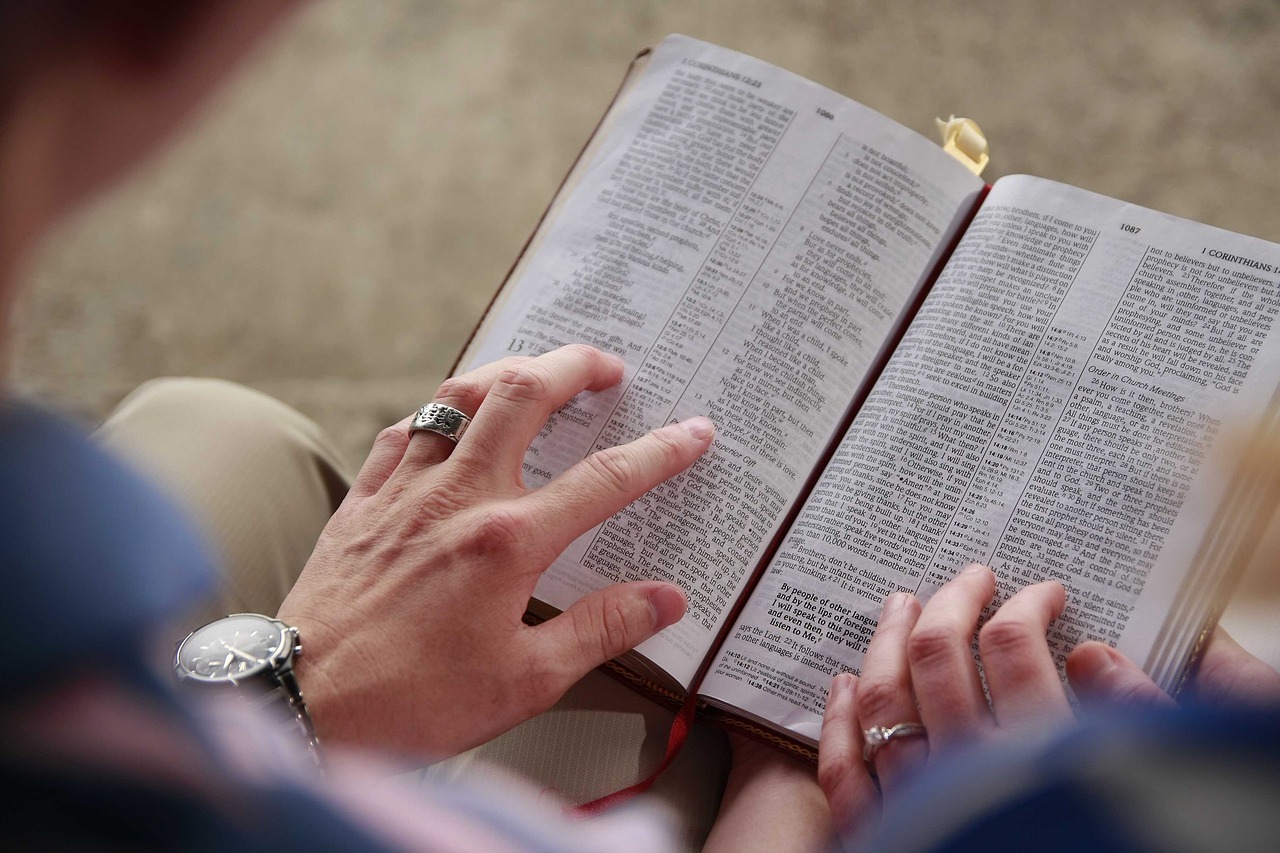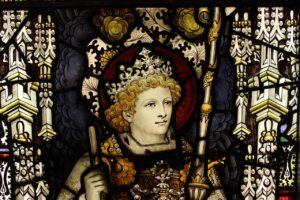Proverbs 9:1-6; Psalm 34; Ephesians 5: 15-20; John 6: 51-58.
There’s a saying I’ve run across more than once lately:
“In our time, we tend to think that the ancient writers of Scripture were writing literally, but we’re interpreting it symbolically. In fact the opposite is the case. The ancients were writing symbolically. We tend to take it literally.”
Granted, this is a big “we” here, and overgeneralizations are not as useful as they might appear at first glance. This one might make it appear that this modern-day “we” is better educated and more sophisticated than our ancestors, and entitled to look down on them a little. In fact, we might just be missing clues and cues written into the text. The key in this week’s readings, I think, lies in whoever had the genius to set up a very broad and deep understanding of Jesus’ words as reported in John 6: 51-58 by introducing them with the Proverbs text.
We’ve been reading John 6 progressively as Jesus becomes more and more shockingly explicit about eating his body and drinking his blood. But go back to July 28 when we heard John 6: 1-15, the feeding of the five thousand with shared barley loaves and fish. The crowds of people weren’t chasing after Jesus to the point of following his boat so that they could get a free meal – that hadn’t happened yet. They were literally following a prophet, a healer, a teacher who spoke with authority. It was only later when Jesus’ friends took stock of the unforeseen emergency situation that they confronted the question of how all these people were going to find food on the way home.
The more usual pattern was that, in addition to healing the sick as a sign that God was near, he taught them “many things.” He fed them with the “bread” of wisdom, so to speak, the “bread” of right ethical conduct and love of neighbour. He told stories. He exposed ironies and hypocrisies. And he puzzled his friends no end.
This week we start with a poetic expression of the Wisdom tradition from the Hebrew scriptures:
“Wisdom has built her house, she has hewn her seven pillars… she has set her table…”
All very, um, symbolic in nature. The female figure of Wisdom could have been rooted in an ancient female deity, a cosmic being from a polytheistic religion, perhaps female prophets, or perhaps simply modelled on an upper-class lady of the house acting as a generous hostess. But very early the figure of Wisdom seeped into Hebrew religious imagery and was taken up into the core of Jewish faith.
The “seven pillars” could refer to the ancient idea that the earth rested on seven structural pillars, or to a traditional “seven pillars of wisdom”: prudence, discernment, knowledge, discretion, judgement, understanding, and counsel. When Wisdom proclaims to her gathered people,
“Come, eat of my bread … live, and walk in the way of insight,”
there’s a direct connection between wisdom and life. Segue to Jesus: take in, consume and absorb his very self, intimately, not only to gain insight, but for life itself, undying life.
The ritual action we identify as Eucharistic came about in the early church. The writers of John would have been recording their account of Jesus’ teaching when a community practice of breaking bread and sharing wine in memory of Jesus was already several generations old.
Jesus as divine Wisdom. The deep roots of the tradition were there all the time, yet for generations, nay centuries, we were far more likely to hear about Jesus as the Word, not as the quintessentially female figure of Wisdom, until feminist biblical scholarship brought this primordial image to the surface.
And here it is. Looking us in the face the whole time.
© Susan K. Roll
Susan Roll retired from the Faculty of Theology at Saint Paul University, Ottawa, in 2018, where she served as Director of the Sophia Research Centre. Her research and publications are centred in the fields of liturgy, sacraments, and feminist theology. She holds a Ph.D. from the Catholic University of Leuven (Louvain), Belgium, and has been involved with international academic societies in liturgy and theology, as well as university chaplaincy, Indigenous ministry and church reform projects.





Thanks for the simple insight that in the scriptures, “The ancients were writing symbolically. We tend to take it literally.” So many arguments about literal interpretations of “what the bible says” would be disrupted just keeping this in mind.